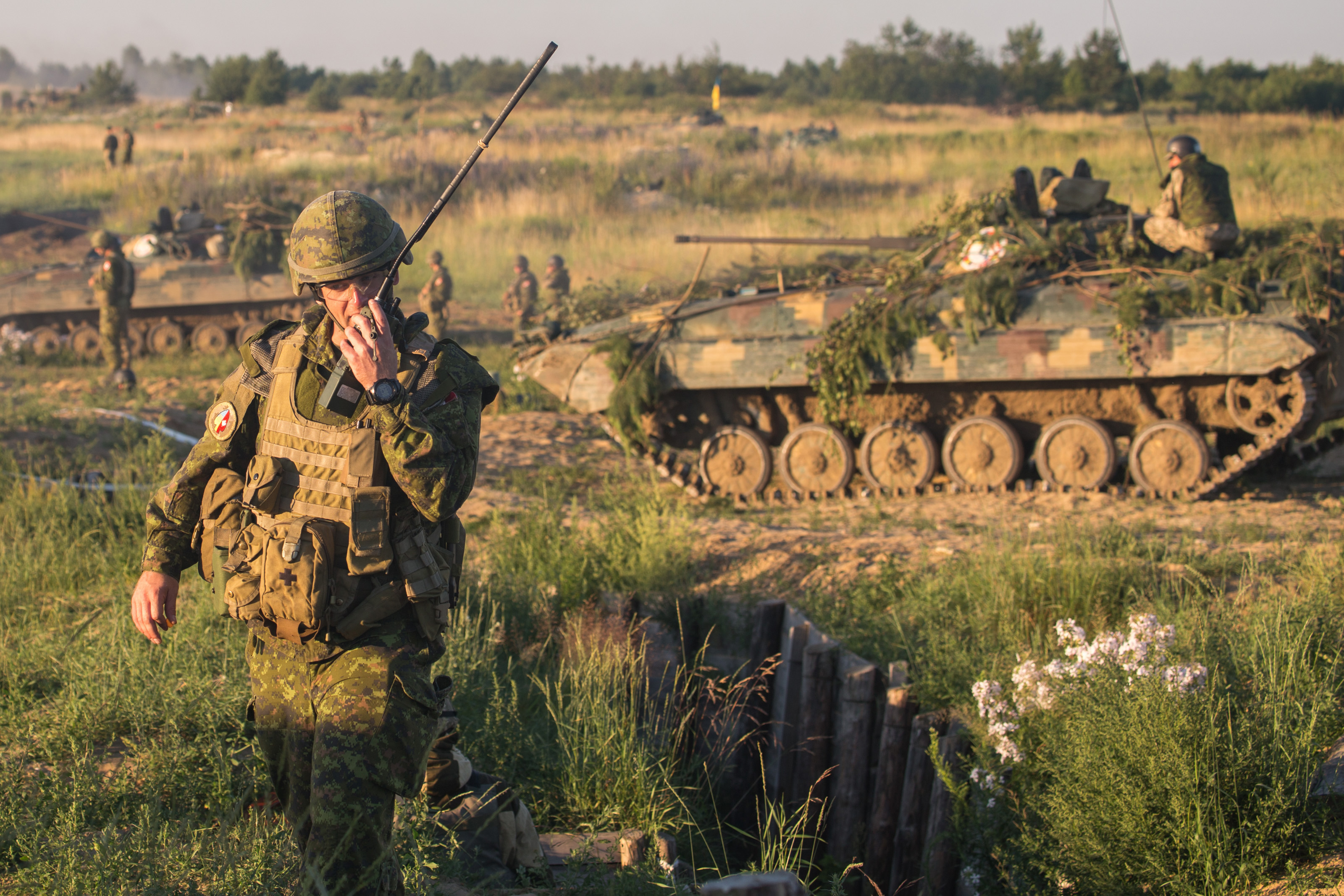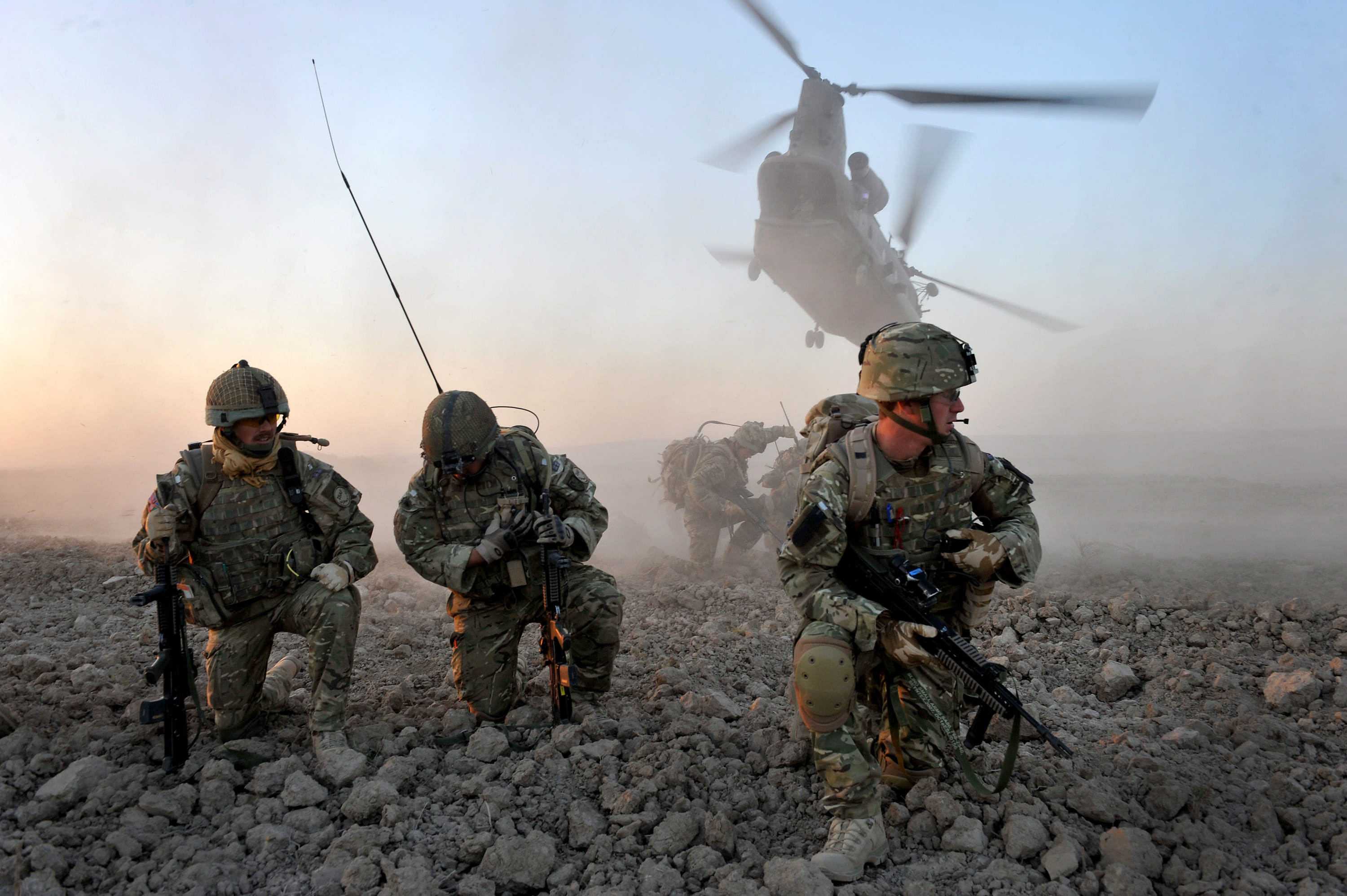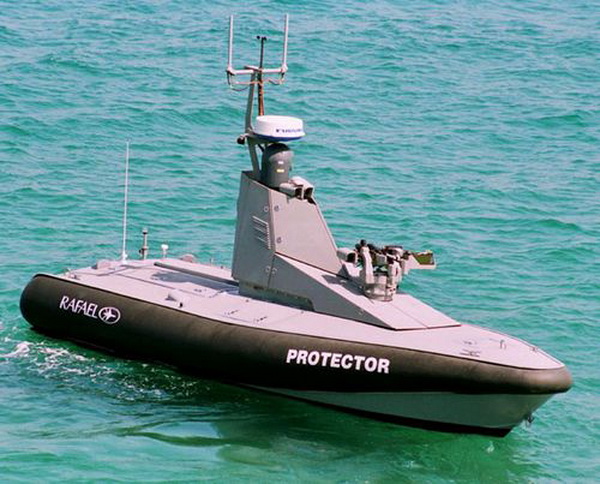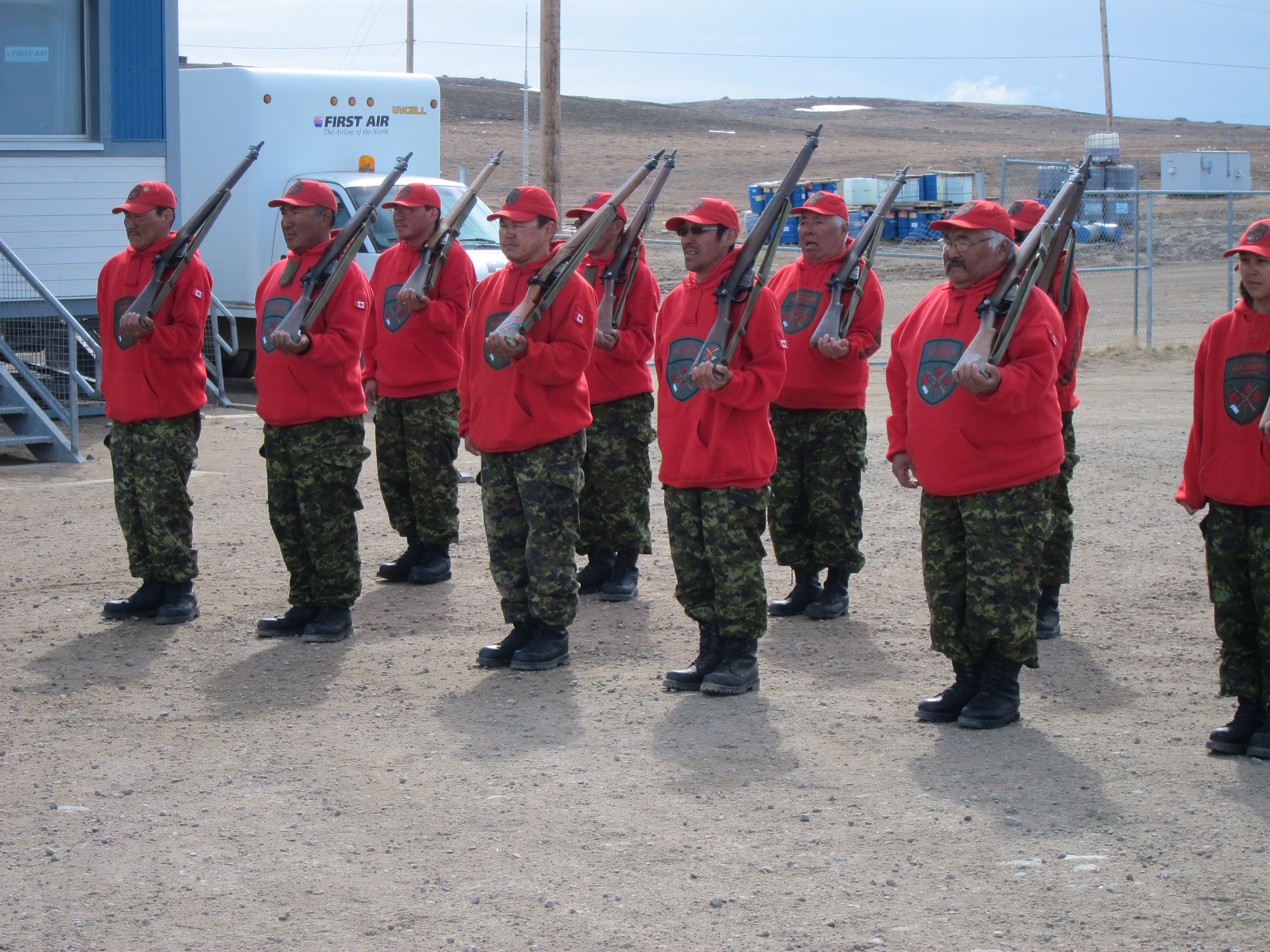Although Western societies have been largely blind to the realities of Western interventions in foreign states, human history nonetheless exemplifies war as the norm and peace as the exception. Rosa Brooks, law professor at Georgetown University, argues that “Foreign attacks on U.S. soil have been few and far between, and for most of U.S. history, the country’s wars have been fought by a small and highly professionalized military, making them largely invisible to the bulk of the American population.” Not only is this true for Americans, but so too for much of Western civilization. It is only through forgetting the constantly erupting small wars that much of what constitutes our history is therefore remembered as a time of peace.
Civilization is, as the U.S. military declares, “facing an era of ‘persistent conflict.’” It is developing into an era of volatile challenges and threats to the security of the international order. In such a current state of the world, “we need strong alliances and partnerships – and none is stronger and more needed than today’s NATO.”
Founded in 1949, NATO is an intergovernmental military alliance based on the North Atlantic Treaty. If you add up the military assets of all its members, NATO has an impressive level of resources at its disposal: 3 million well-trained troops, 24,000 military aircraft, 800 ocean-going warships, and approximately a trillion U.S. dollars of combined defence spending. Certainly, with numbers as great as this, NATO represents the wealthiest and most capable military alliance in world history. However, the world still needs more NATO for three fundamental reasons: guarantee collective defence, promote stability and cooperation, and defend shared values.
First, collective defence is the simple notion that if there is an alliance of Allies, a state is less likely to go to war for the wrong reasons. And when war is the only option in addressing a security threat, then member states within the Alliance go to war together; which manifests a greater coalition of power. From this formation of an Alliance, member states “have greater legitimacy under international law, derived in part from NATO’s status as a ‘regional arrangement’ under Article 52 of the United Nations Charter.” Thus, as global power shifts, and a multipolar world becomes more of a reality each day, we undoubtedly will need NATO’s combination of power and legitimacy more, not less.
Today, with the existential threat that ISIS poses, the international order ought to defeat the Islamic State of Iraq and Syria (ISIS) and destroy the foundation it has created in all parts of the world. A cohesive and unified NATO can only destroy a threat of such magnitude.
As wartime has become the only kind of time we have, there is a need for Western politics to recognize the current realities of conflict…
Second, NATO’s ongoing enlargement poses no threat to any country. Rather, it is aimed at promoting stability and cooperation, “at building a [world] whole and free, united in peace, democracy, and common values.” In order to protect Western territory and the security of the international order, states must be willing and able to project stability beyond their own borders. If neighbouring states are more stable, then we become more secure. But in order to provide this stability, there must be cooperation among states. NATO Secretary General, Jens Stoltenberg, argues, “while NATO has to remain an expeditionary alliance, able to deploy forces outside our territory, NATO must also become a more effective training alliance. We need to upgrade our capacity building efforts and advance our cooperation with regional partners.”
The advantage of utilizing NATO for securing stability and cooperation is that NATO has the necessary framework needed to do so. Rather than states being just a part of a coalition of the willing, a NATO Alliance becomes a much more robust commitment, “[b]ecause a coalition of the willing is in a way by definition more a question of whether you are willing while NATO is a stronger commitment to be part of” achieving the objective.
Third, the interdependence and interconnectedness of the modern world demands an Alliance that must rise as a unified unit. Thus, NATO is not just about shared interests as “shared interests, which wax and wane, are not powerful enough to hold together an alliance over the long term in the face of unprecedented forces of disruption and destruction.” However, shared values, such as peace, prosperity, and security, “endure as a north star for otherwise diverse nations to find commonality.” Without a NATO of such shared values, the Alliance would collapse.
Not only does NATO remain important for these three reasons, but more importantly, it continues to advance and secure Western security interests, although again, often in ways that do not appear in headlines and that casual observers do not truly appreciate in full. Most fundamentally, however, NATO possesses a robust standing multilateral military capability that can deter or be deployed should a significant security threat to the international order arise.
As wartime has become the only kind of time we have, there is a need for Western politics to recognize the current realities of conflict and function as a cohesive Alliance within NATO in a way that protects its shared values and security that remain vulnerable to the rise of violent non-state actors and rogue states. In this tumultuous time of uncertainty, NATO ought to remain strong, ready, and capable of forging interdependencies between other states in order to “be better positioned to respond to the challenges that may seem local, but actually threaten the entire interdependent world.” For almost 70 years, NATO has brought North America and Europe together. But the Alliance must not falter now. NATO must continue to expand its membership and its pursuit of peace, prosperity, and security for both sides of the Atlantic.
Photo: A Canadian soldier sends the signal to begin the simulated attack on a defensive position during a live firing exercise during Operation UNIFIER (2016), by Canadian Armed Forces via Combat Camera.
Disclaimer: Any views or opinions expressed in articles are solely those of the authors and do not necessarily represent the views of the NATO Association of Canada.




